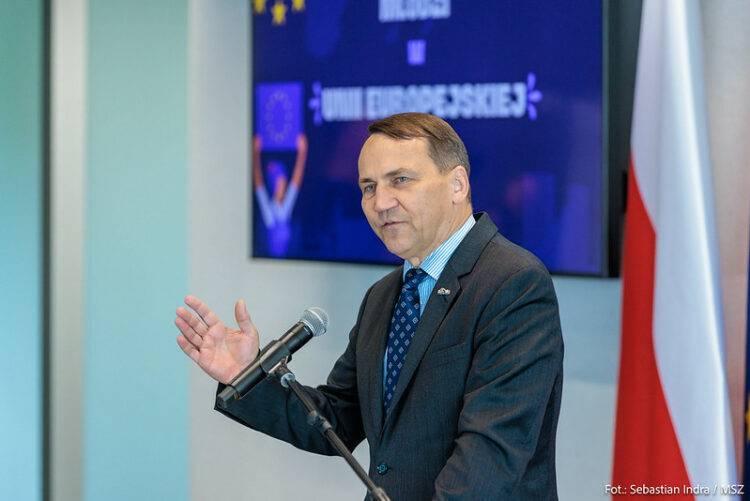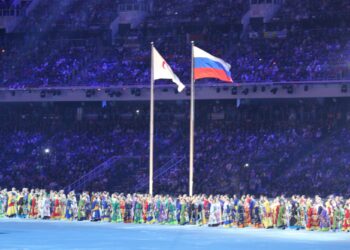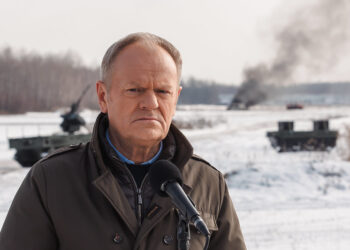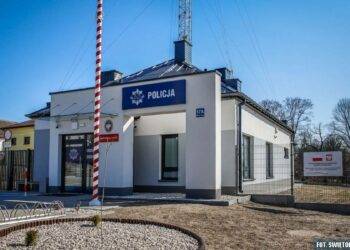WARSAW — Polish Foreign Minister Radosław Sikorski has raised concerns about the potential presence of nuclear weapons in the Kaliningrad region, a Russian exclave that borders two NATO countries and lies approximately 260 kilometers from Warsaw. Sikorski’s remarks underscore the growing security tensions in the region amid ongoing geopolitical strife between NATO and Russia.
In a recent statement, Sikorski pointed to satellite imagery and intelligence reports suggesting that Russia may be stockpiling nuclear warheads near Kaliningrad, an area of strategic military importance. “The proximity of these warheads to NATO borders is alarming and escalates the risk of a nuclear confrontation,” Sikorski said. “We must take these threats seriously and ensure our defense strategies are robust.”
Strategic Importance of Kaliningrad
Kaliningrad, a heavily militarized zone, holds significant strategic value for Russia. Positioned between Poland and Lithuania, it provides Russia with a critical foothold in the heart of Europe. The region has long been a focal point of Russian military activity, housing advanced missile systems and a substantial military presence. The potential deployment of nuclear warheads further complicates the security dynamics in the area.
Experts note that the deployment of nuclear weapons in Kaliningrad could serve multiple strategic purposes for Russia. It could act as a deterrent against NATO’s eastward expansion and provide a rapid response capability in the event of a conflict. The positioning also allows Russia to project power and influence over the Baltic Sea, a crucial area for both military and economic activities.
NATO’s Response and Regional Implications
NATO has not remained silent in the face of these developments. Jens Stoltenberg, NATO Secretary-General, has reiterated the alliance’s commitment to defending its member states. “NATO will continue to enhance its defensive measures and remain vigilant against any threats to our collective security,” Stoltenberg stated. The alliance has already increased its military presence in Eastern Europe, including Poland, in response to Russian aggression.
Poland, a frontline NATO member, has been particularly vocal about the need for a strong deterrence posture. The Polish government has advocated for more significant NATO deployments in the region and has sought to modernize its own military capabilities. “Poland stands ready to defend its sovereignty and the security of the NATO alliance,” Sikorski emphasized. “We call on our allies to support us in these efforts.”
Historical Context of Kaliningrad
The Kaliningrad region has a complex history, having been part of Germany until the end of World War II when it was annexed by the Soviet Union. Since then, it has been a critical outpost for Russian military strategy. The region’s status has frequently been a point of contention between Russia and the West, particularly during the Cold War and in recent years.
The deployment of nuclear weapons to Kaliningrad is not entirely unprecedented. During the Cold War, the Soviet Union stationed nuclear missiles in the region, which were later removed following arms control agreements. The current situation appears to be a reversal of these efforts and reflects the deteriorating state of East-West relations.
Call for Diplomatic Solutions
While the military build-up continues, there have been calls for diplomatic efforts to address the tensions. Some experts argue that dialogue and arms control agreements are essential to preventing a potential crisis. “We need to return to the negotiating table and seek solutions that reduce the risk of nuclear conflict,” said Katarzyna Zysk, a professor of international relations.
The European Union has also expressed concern and called for a de-escalation of military activities in the region. EU foreign policy chief Josep Borrell has urged both NATO and Russia to engage in constructive dialogue. “The security of Europe is at stake, and we must work together to ensure peace and stability,” Borrell stated.
Conclusion
The situation in Kaliningrad serves as a stark reminder of the fragile nature of European security. As Poland and its NATO allies grapple with the potential threats posed by Russian military activities, the need for a balanced approach that combines strong defense measures with diplomatic efforts is more critical than ever. Sikorski’s warnings underscore the urgency of addressing these challenges to maintain peace and stability in the region.
In the backdrop of historical tensions and contemporary geopolitical conflicts, the international community must navigate these complexities carefully. The stakes are high, and the consequences of miscalculation could be severe. Thus, ongoing vigilance, preparedness, and a commitment to diplomacy will be key in ensuring a secure and stable Europe.

















